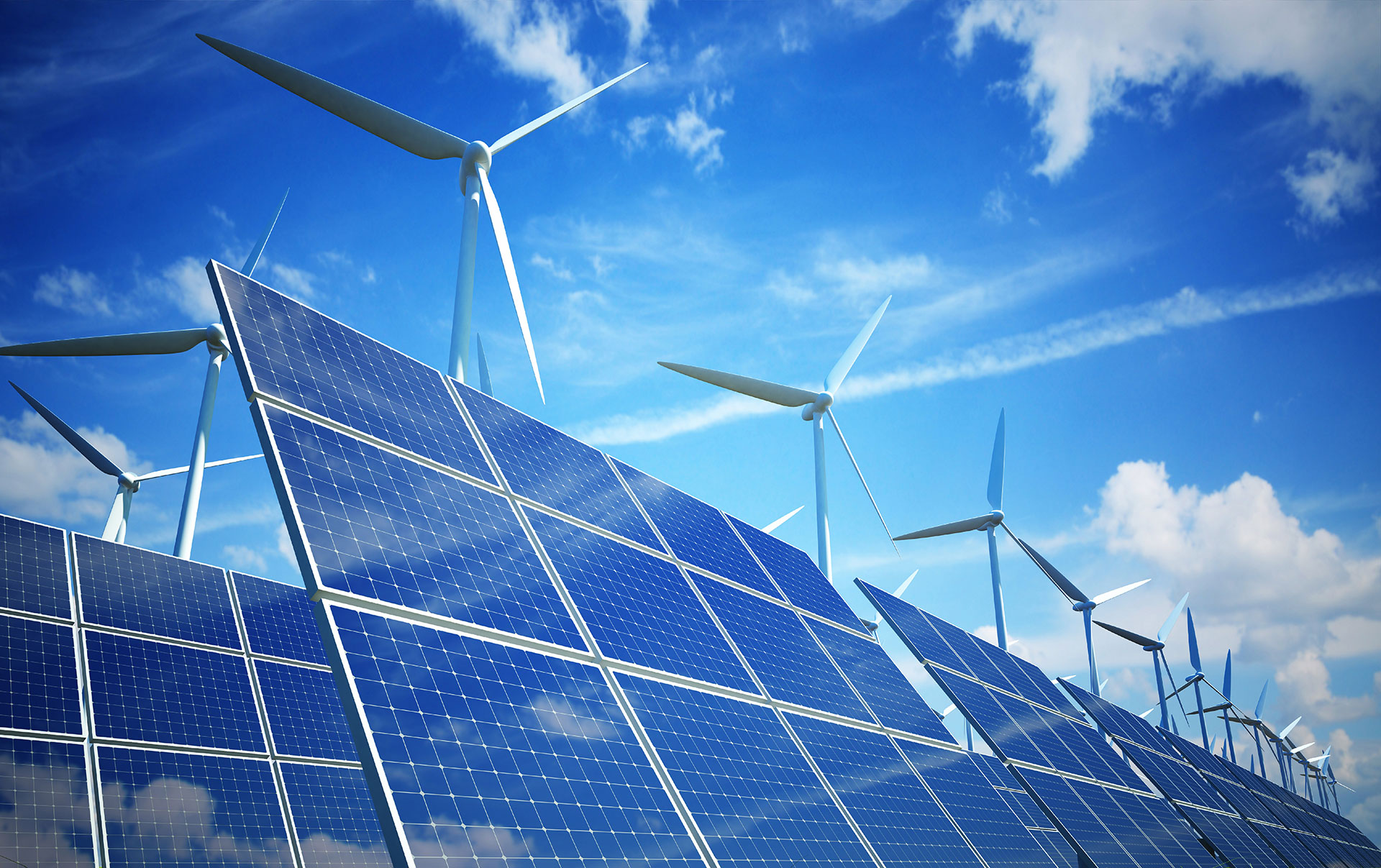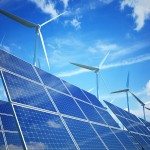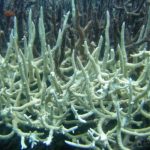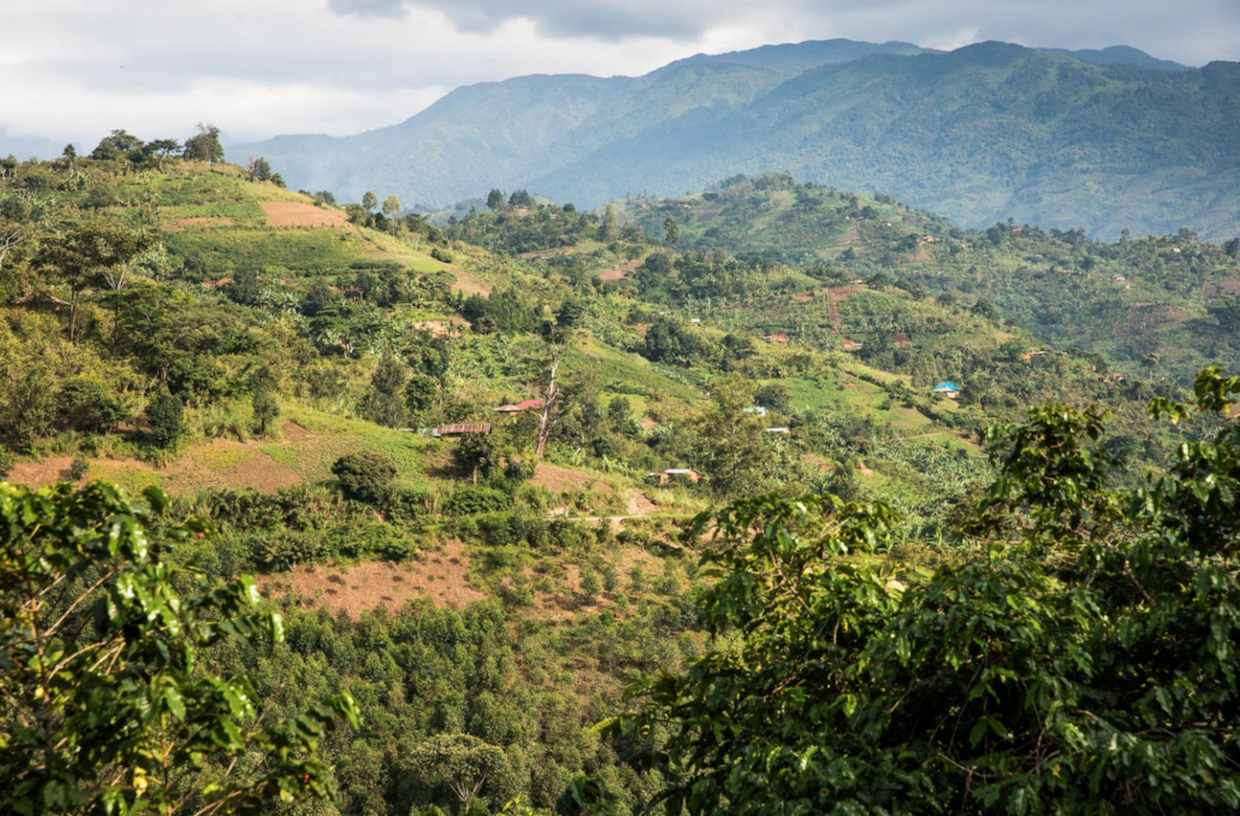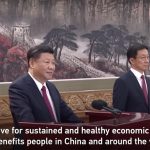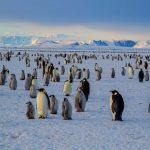With its strong focus on social change for small farmers, agroecology is going mainstream worldwide, but the American food movement has yet to catch up.
Earlier this month, the United Nation’s Food and Agriculture Organization (FAO) held the 2nd International Symposium on Agroecology at its headquarters in Rome. The gathering attracted almost 800 participants, with representatives from 72 governments and 350 “non-state actors,” including civil society, academia, and the private sector. Farmers from Senegal, academics from the U.S., French parliamentarians, and staff of CropLife International, among others, gathered to debate the FAO’s claim of the urgent need to “scale up” agroecology as a means of achieving a more sustainable food system.
The symposium, hosted by the preeminent global institution on food issues, suggests that agroecology may finally be moving out of the margins. And it’s in the process of being mainstreamed.
Yet here in the U.S., it’s a different story. In fact, the word is rarely heard, even among people concerned with both agriculture and ecology. Instead, advocates—and the food industry—use the words organic, sustainable, and regenerative. And while some seem to use agroecology as an umbrella term that encompasses all of these practices, it’s more complex than that.
Shifting Language
All the above-mentioned terms share a commitment to food production without negative impacts on the environment. What makes agroecology different, potentially, is the combination of its scientific bona fides and its rootedness in the practices and political organization of small-scale food producers from across the globe. The former—as seen in multiple scientific elaborations of agroecology’s principles, like improved soil health, crop rotation, and diversification—is complemented by the latter, which gives agroecology meaning beyond the combination of “ecological” and “agriculture.”
Agroecology is Advancing Around the Globe. Will the U.S. Take Part?
